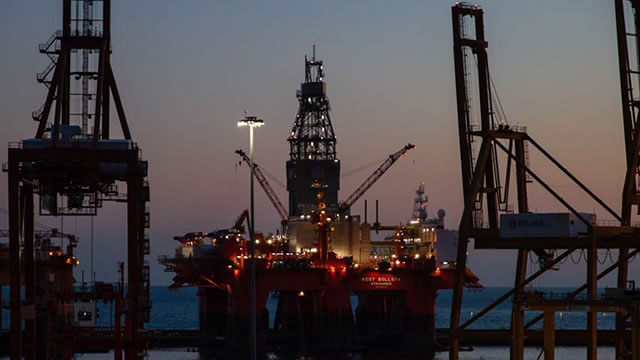The European Commission’s New Strategy to Phase Out Russian Oil and Gas Imports
The European Commission (EC), the executive body of the European Union (EU), announced on Monday that it will unveil a more detailed strategy to reduce Russian oil and gas imports next month. This decision comes after two previous postponements, with the latest delay attributed to ongoing negotiations with member states.
Background
The EC’s decision to phase out Russian energy imports is a response to the ongoing conflict in Ukraine and the resulting geopolitical tensions. Russia’s annexation of Crimea in 2014 and its involvement in the eastern Ukrainian conflict have strained relations between Russia and the EU. The EU relies on Russia for approximately one-third of its natural gas and around a quarter of its oil, making energy imports a significant point of contention.
The New Strategy
The EC’s new strategy is expected to outline specific steps for reducing European dependence on Russian energy. These measures may include diversifying energy sources, increasing energy efficiency, and encouraging the development of renewable energy. The EC has stated that it aims to reduce its overall dependence on Russian energy by two-thirds by 2030.
Impact on Individuals
The phase-out of Russian oil and gas imports could lead to higher energy prices for EU consumers. While the EC has emphasized its commitment to finding alternative energy sources, the transition may not be immediate. In the short term, consumers may experience price hikes as the market adjusts to the reduced supply of Russian energy. Additionally, some EU countries, particularly those heavily reliant on Russian energy, may face significant economic challenges as they adapt to the new energy landscape.
- Higher energy prices for consumers
- Economic challenges for some EU countries
- Potential for increased investment in renewable energy sources
Impact on the World
The phase-out of Russian oil and gas imports could have far-reaching consequences beyond the EU. Russia is the world’s largest natural gas exporter, and its energy exports play a crucial role in global energy markets. The reduction of Russian energy exports to the EU could lead to increased competition for alternative energy sources, potentially driving up global energy prices. Additionally, the geopolitical implications of this decision could have significant implications for international relations, particularly between Russia and the EU.
- Potential for increased global energy prices
- Geopolitical implications for EU-Russia relations
- Possible shift in global energy markets
Conclusion
The European Commission’s decision to phase out Russian oil and gas imports represents a significant shift in EU energy policy. While the details of the new strategy have yet to be announced, it is clear that this decision will have far-reaching consequences for both the EU and the world. Individuals may face higher energy prices and economic challenges, while the geopolitical implications could reshape international relations. As the EU moves towards a more diverse energy mix, it remains to be seen how this transition will unfold and what the long-term consequences will be.
Stay tuned for more updates on this developing story.





